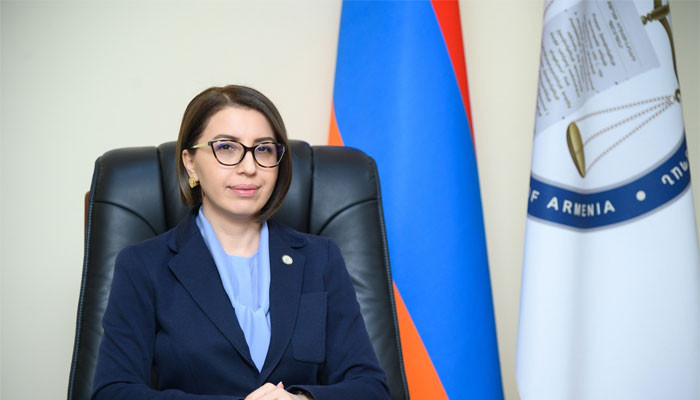The message of the Human Rights Defender on the International Day in Support of Victims of Torture
 697 Sunday, 26 June, 2022, 13:30 On June 26, humanity marks the International Day in Support of Victims of Torture. This crime, which is prohibited by international law, and which cannot be justified in any circumstance continuous to be a challenge to the collective efforts of states and international law to prevent and punish crimes against humanity. The provision of the necessary assistance to the victims and survivors of this inhuman crime, and members of their families should be a direct obligation of States who have undertaken international obligations for the absolute prohibition of torture and other cruel, inhuman or degrading treatment or punishment. |

«A landmark moment for our nations’ partnership»: The White House
241709.02.2026, 19:04
Trump wants new, improved nuclear arms treaty as New START expires
430306.02.2026, 00:00
The Government of Armenia is working with WHO to organize the treatment of dozens of children from Gaza in the hospitals of Armenia
300702.02.2026, 11:39
Rubio says territorial issue over Donetsk yet to be bridged between Russia, Ukraine
635528.01.2026, 23:00
The Assembly regrets the excessive polarisation and stigmatisation of political opponents by all sides in Armenia
579526.01.2026, 21:12
Ararat Mirzoyan will be on a working visit to Strasbourg
518826.01.2026, 12:08
The Moldovan Foreign Ministry announced the country's withdrawal from the CIS after the denunciation of key agreements.
718919.01.2026, 22:26
Regarding the Simplification of Visa Procedure for diplomatic, special and service Passport Holders between Armenia and Türkiye
1336429.12.2025, 18:42
